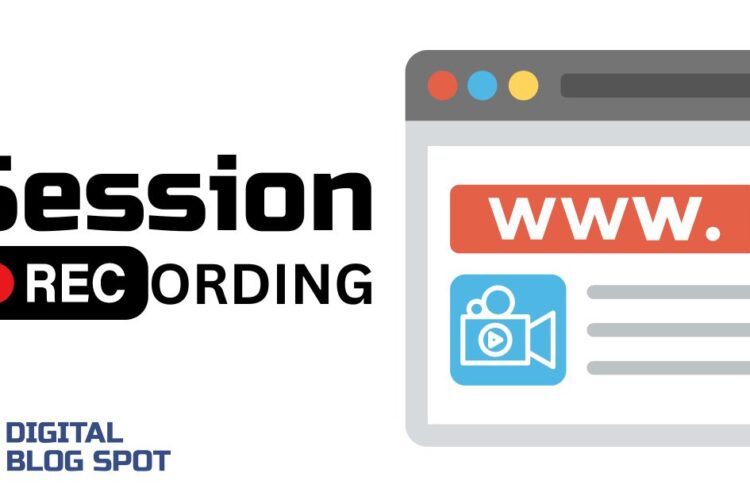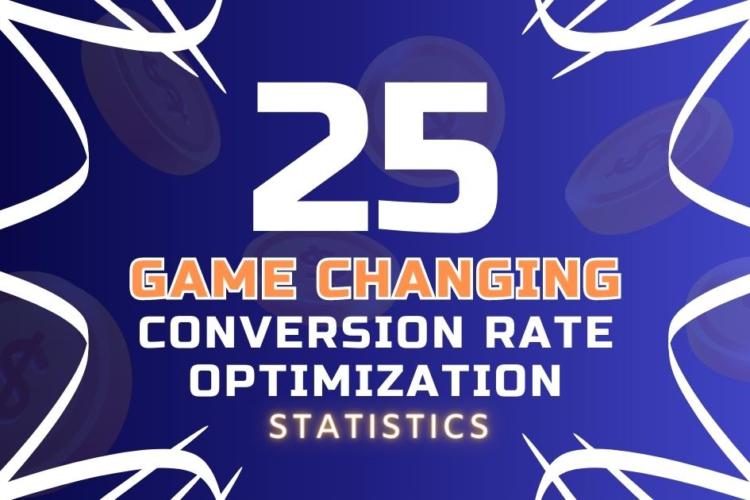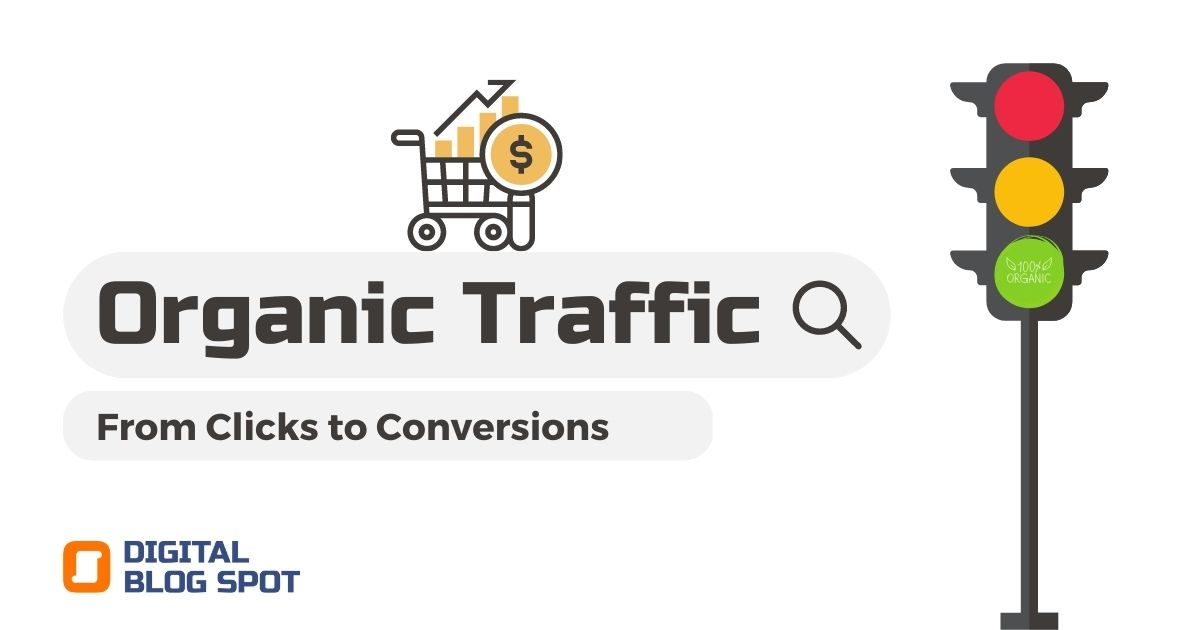
You start the word “organic” everywhere, but you never expected to see it in your traffic reports. However, one day you speak to your colleague from the ecommerce department and he is asking you why the organic traffic is not performing well!
having never heard of organic traffic before, you lift your left eyebrow and shake your head silently in exclamation, but never say a word. The very next thing, you are running to Google for a full description of what organic traffic is and why you’re not getting any
Let’s just start by saying that a traffic source refers to how website visitors arrived at your site in the first place.
What is organic Traffic?
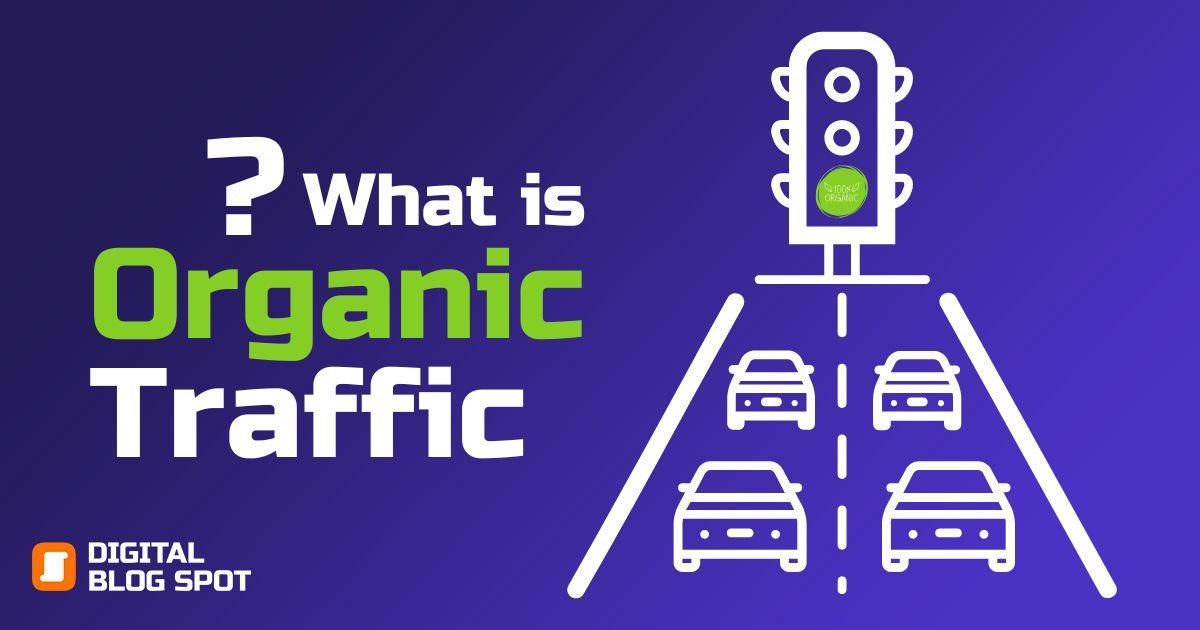
Just like organic fruits and vegetables, organic traffic is the traffic you get without any human interference to alter the process (paid advertising).
In other words, organic traffic represents those users who land on your website from search engines as a result of your website ranking on search engine results pages.
There are other organic traffic sources than search engines, like social media organic traffic. But, it is very rarely considered a major traffic source as the number of clicks resulting from organic social media activity is minimal.
Improving organic traffic is the major goal of all inbound marketing teams and communication specialists.
Organic traffic Vs other traffic sources
When you take a look at your acquisition report from Google Analytics or other analytics tools, you will find that organic traffic comes among the top results. If you are not running any media buying campaigns, there is no doubt it will occupy the first spot.
If you are not interested to learn about the difference between organic traffic and other traffic sources you can skip this point.
Other traffic sources can include:
Social Media Networks
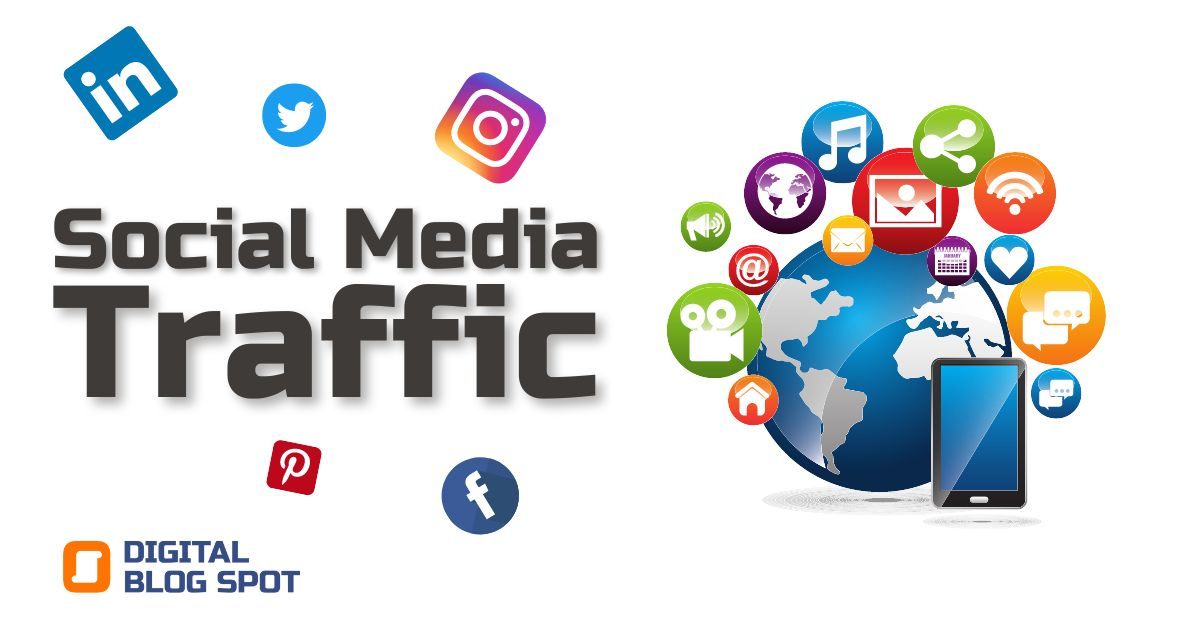
Some businesses depend solely on social media traffic. That scenario is far from being anyway near good. That is due to the high cost of advertising on social media platforms.
Moreover, social media is considered to be a business to consumers channel. This means that advertisers reach the target audience when they are casually surfing the newsfeed. Users at that time have no specific intent of learning about your product or service.
Organic search traffic however is not as budget-consuming as social media buying. It is also considered a consumer-to-business channel, meaning that the consumer comes looking for what you have to offer.
In that scenario, the conversion event expected from that users is more potential to happen. That’s why organic search traffic is less costly and more meaningful than other paid traffic sources.
Direct Traffic
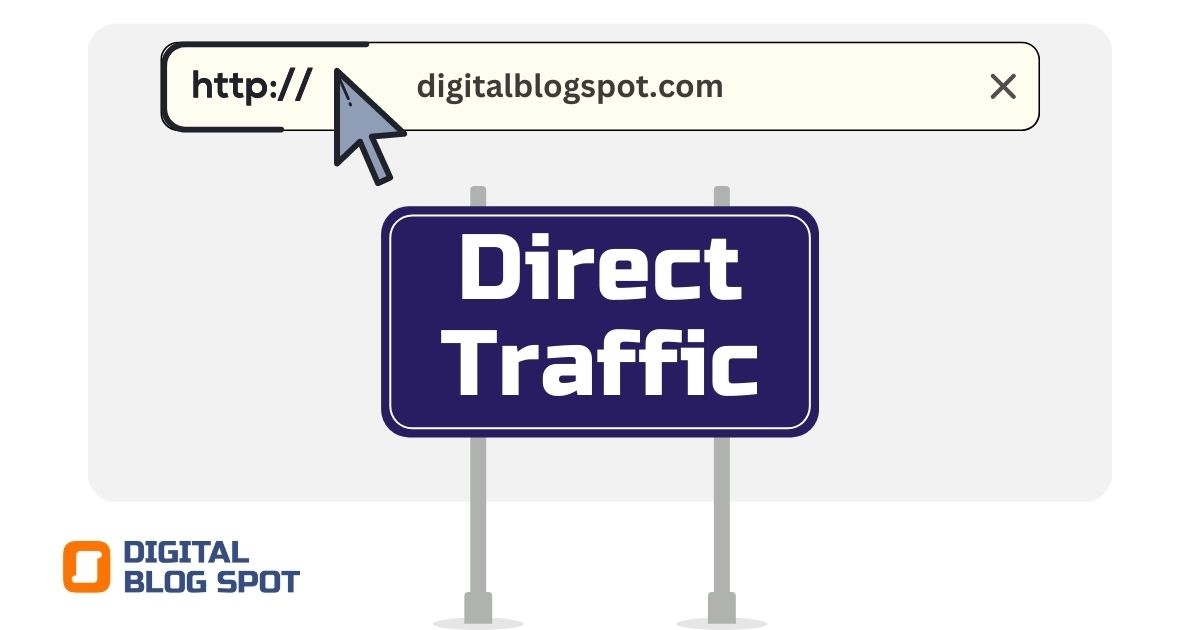
When a user types in your website URL directly in the browser’s search bar, that user will be considered among your direct traffic.
But direct traffic on its own can’t be attributed to a specific digital marketing activity you are doing, don’t you think? That’s true.
Unless you have a very large and reputable business, direct traffic should certainly be associated with another traffic source. My point is, have you ever heard of or known someone who goes into the browser and types in some random domain names? Probably never, or you will need to check your circle of connections!
Direct traffic is usually resulting from someone who saved your website or visited it once before and now is returning because he found something interesting. Maybe he heard about you from a friend.
Most probably the rise in your direct traffic report will be a result of returning users who landed on your website for the first time from other traffic sources. And a part of identifying the source of that direct traffic would depend on the period through which the peak in overall site traffic happened.
Genies don’t have a place in our online word and we know it quite well!
This means that you have to check your marketing activities at the time of the direct traffic peak to understand what pushed more visitors to visit your website for a second time.
Paid search traffic (PPC)
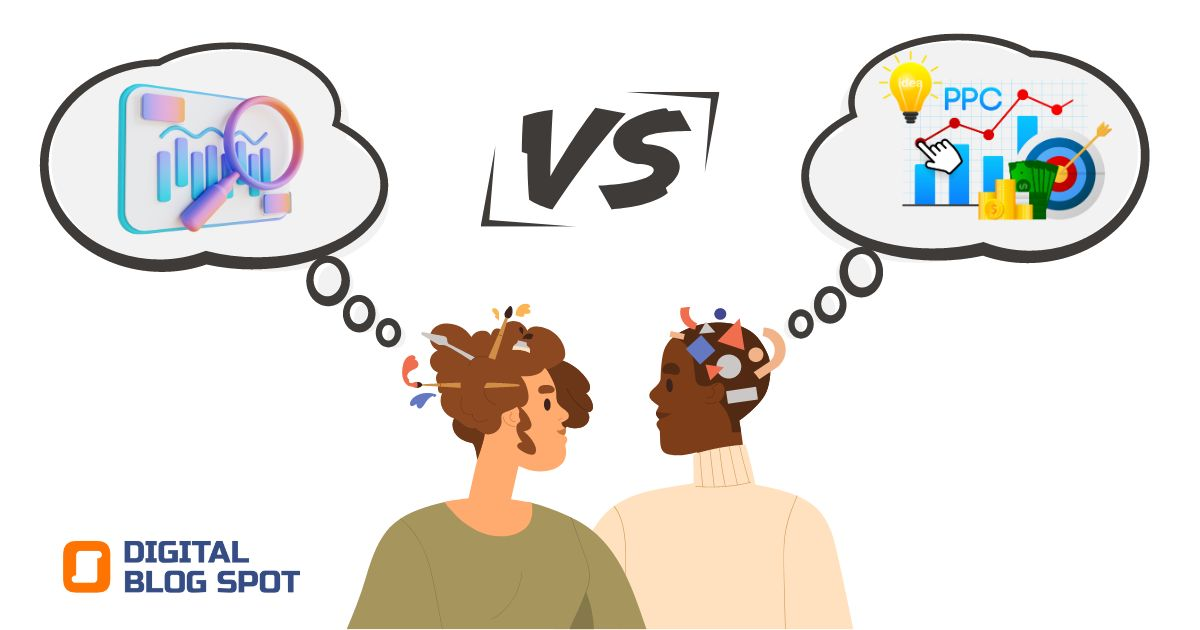
Some marketers think that there is no difference between organic and paid traffic in terms of quality. I won’t agree with that today!
PPC traffic is the result of your paid search ads. That is when marketers use Google ads to show their website among the top search results on Google search engine for relevant keywords.
The difference between organic and paid traffic doesn’t stop at the fact that you have to pay Google in order to be listed among the top results on search engine results pages.
No, the quality of your landing page and its relevance plays a great factor here. With paid traffic, the most dominating factor to decide your placement is how much you bid for each impression. But with organic search ranking, your landing page needs to pass a set of harsh criteria that measures the quality of your content.
The more quality content you stuff your page with, the higher your rank. That means a better landing page for your traffic and more potential conversion from each unique visitor.
Referral Traffic
Referral traffic is when a user lands your website through a link coming from another website, be it a blog or an ecommerce site. That should not include any well-known social media networks, however.
The referral information can be beneficial if you are running an affiliate marketing program.
Other traffic sources
Of course, there are other traffic sources like email marketing, sms and you can always go deeper to segment your own channel grouping on the analytics tools.
How to find organic traffic reports?
You must ride the wave of development of course, and I should do to. So, in this article, I’ll be mentioning how to view the acquisition report in GA4 instead of Universal Analytics.
Universal Analytics will be shut down starting July 2023 and you should have shifted to GA4 by now.
Google Analytics Acquisition Report
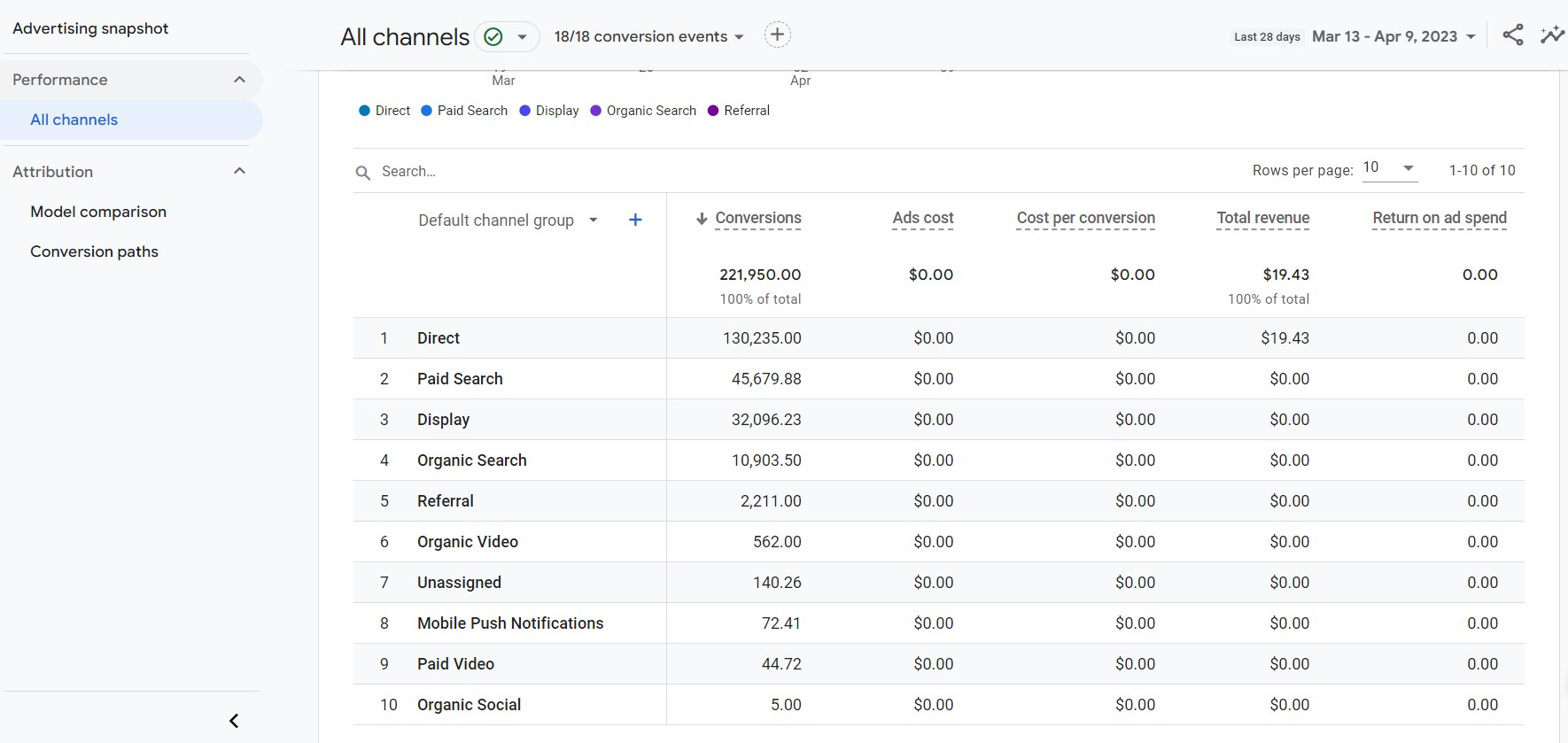
Actually, it’s pretty easy with the basic configuration of Google Analytics GA4. All you need to do after setting up your basic tags through Google Tag Manager is to head to the reports section and view the acquisition reports.
Through Google Analytics acquisition reports you can learn about the number of users and sessions started from each traffic source. You can even go further to realize which traffic source leads to the highest number of conversions.
5 reasons why organic traffic is the most important traffic source
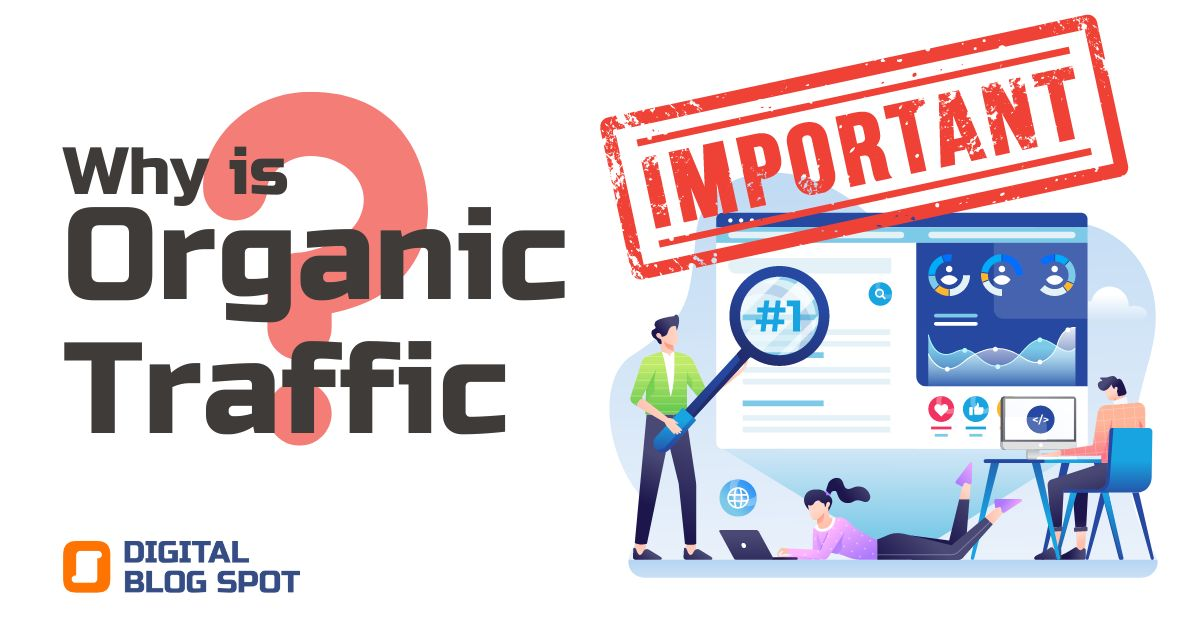
There is no doubt organic traffic is critical for any website owner. Its value, however, might be very underestimated by a lot of marketers. Being a main pillar upon which any online business can depend, falling into such a trap can be pretty harmful.
Single-handedly, a search engine can push thousands of traffic to your website without having to spend a single dollar on advertising.
1 Organic traffic provides your website with the highest quality visitors
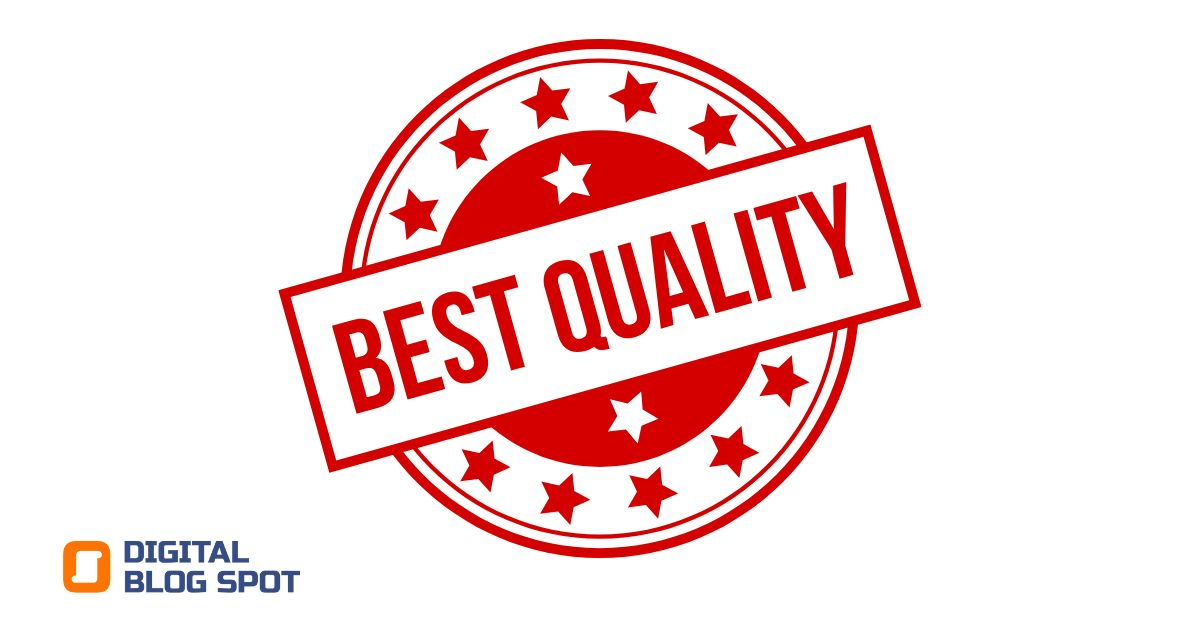
One thing you should be well aware of is that users go to search engines to look for answers. Those answers can be for an arising need or a piece of information regarding a product or service.
At this point in the consumer’s buying journey, users tend to have higher conversion potential. Hence when a brand presents itself as an expert in that field by showing on the top results page, users tend to trust it more.
The more convincing your answer is, the higher the chance you will land a successful conversion.
2 Traffic coming through organic search results is the least costly
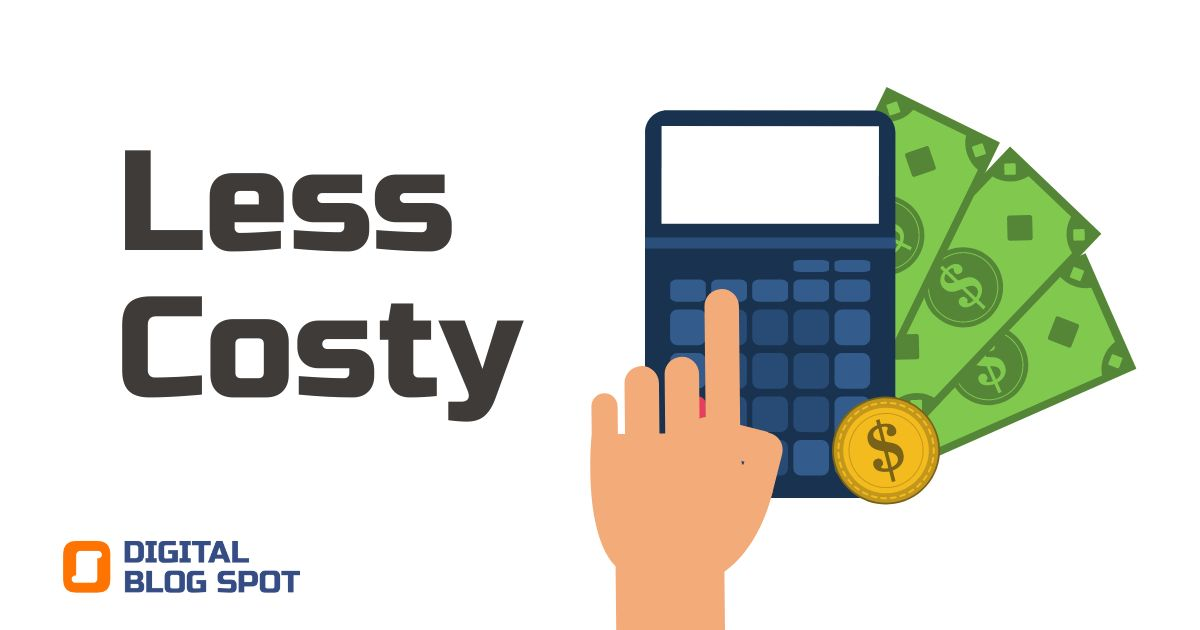
Unlike paid search, organic traffic which is of higher quality as per the above point costs zero dollars per click.
Of course, it is not totally free as you will have to pay some optimization fees and probably a set of content writers and SEO specialists in addition to some tools. But, the whole process creates a passive traffic generation mechanism that keeps working on its own.
Once your SEO cycle starts to rotate, all you need is to maintain the ranking you have achieved and keep developing content for securing more keywords.
Hence the cost per click will be much less than in a pay-per-click advertising system.
3 More organic traffic means higher SEO performance
Search engine optimization is not just aimed at satisfying search engines, but your website visitors as well. And what happens when your website visitors find your website providing a delightful experience? They will return.
Returning users develop a new source of traffic called direct traffic which represents the user lifetime value (LTV).
LTV is the amount of revenue you can generate from a single user through the many times he returns back to your site and reconverts.
4 Organic traffic can be monetized
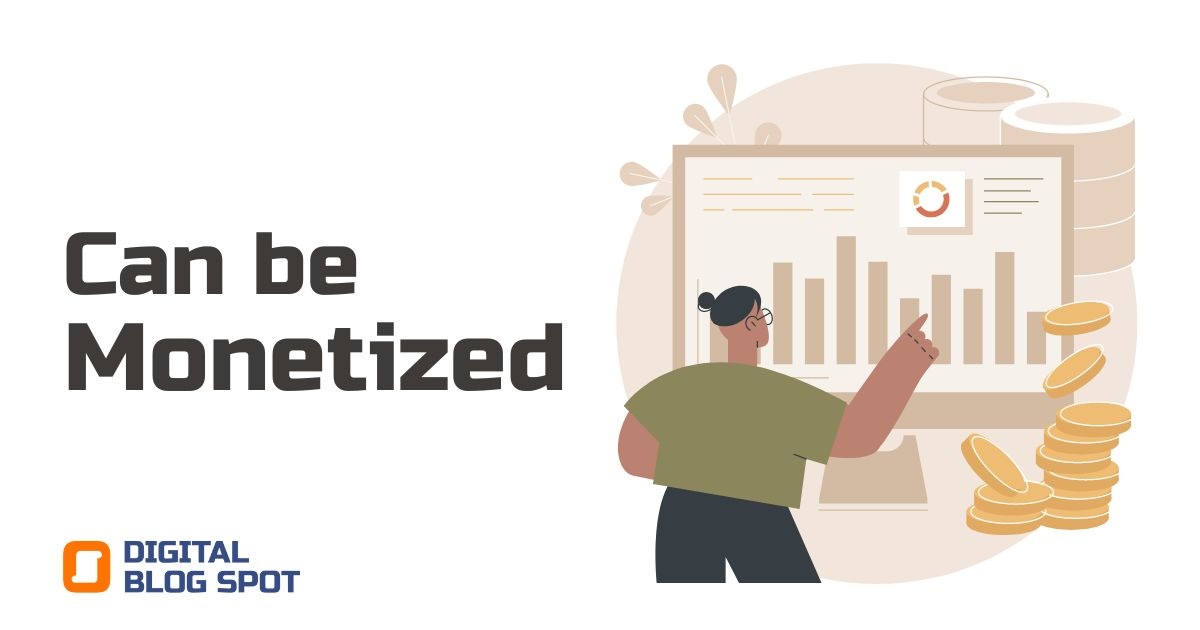
When websites start developing their SEO strategies and rank higher on multiple keywords after doing the proper keyword research, they get the possibility to explore a new revenue stream.
That can be achieved through monetizing their blog. Blog monetization has several schemes that can generate a decent amount of revenue. Among those methods are
Joining Ad Networks
Affiliate marketing
Selling digital products
Premium subscriptions
Of course, a brand’s guidelines might refrain from placing paid ads anywhere on their blogs, but other businesses won’t mind and will see it as an opportunity.
5 More organic traffic means a bigger database
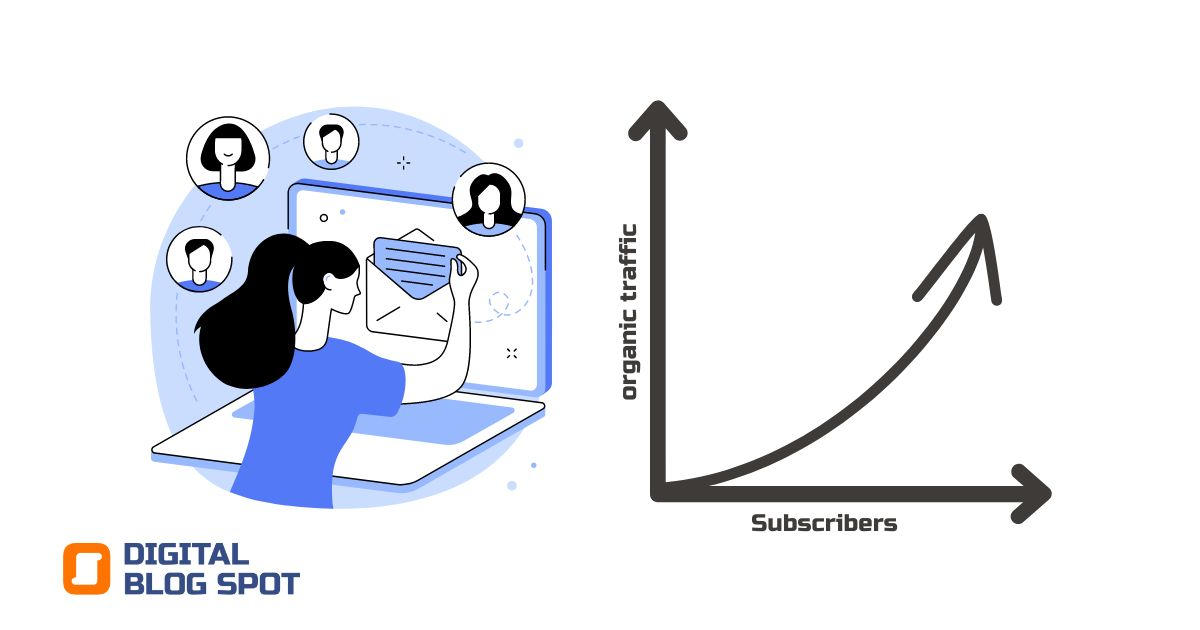
Having a blog section on your website keeps the audience returning to your website for more information. A good example of that is SEMrush, which doesn’t only sell SEO auditing and optimization tools, but also works as a reference for any topic related to SEO.
Users who keep finding useful content on your website will most probably turn into newsletter subscribers. By doing so, you will be able to reach them with updates and promotions through email marketing.
Databases are considered the gold mines of most companies, as with some creativity and a little personalization effort, they can turn into major revenue streams.
How to increase organic traffic?
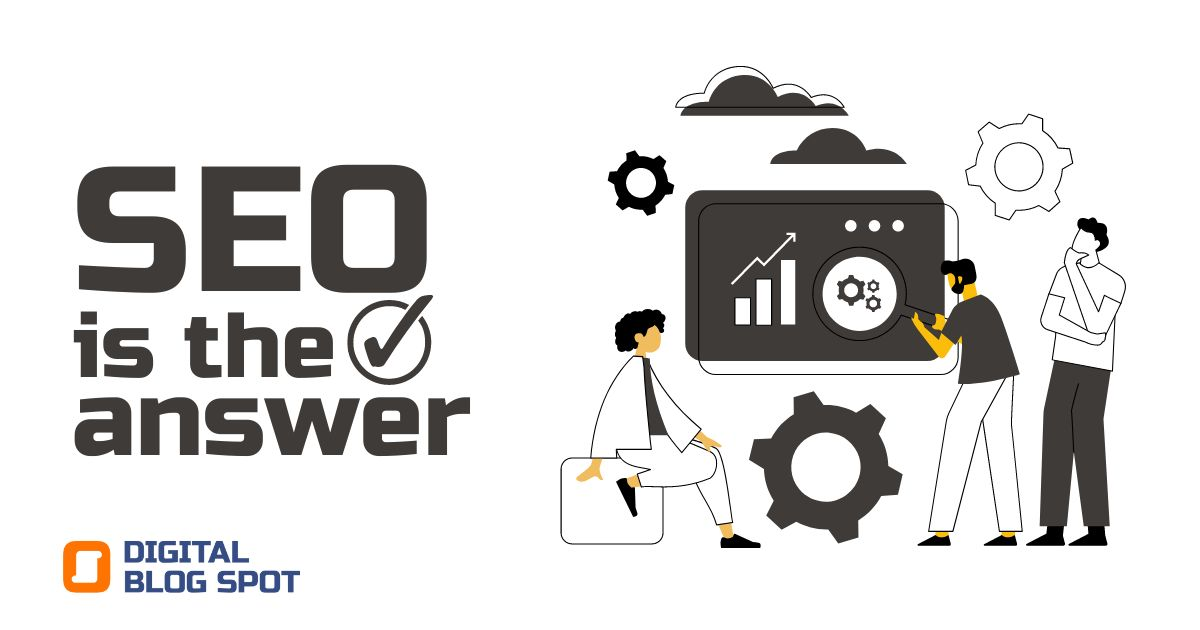
SEO is the way for it! I have always viewed SEO as an art more than a marketing science.
Of course, the short answer is to develop a proper SEO strategy, but that can’t be left alone on the table. SEO requires a lot of work and tons of creativity.
The art of SEO requires a lot of creativity in choosing new topic ideas that haven’t been tackled before. Sometimes your keyword strategy would require writing on mid to high-competition keywords. For those topics, you would have to find a more creative and inclusive approach to writing those articles.
But it’s not only about writing high-quality content, you would have to break your barriers to reach out to other bloggers and websites in order to create partnerships and bring backlinks to your site.
SEO specialists should focus on several factors to increase organic traffic:
Keyword Strategy that tackles long tail keywords for low domain authority websites and short-term keywords for established domains
Backlink building strategy
On page SEO
The technical SEO aspects of your Website like (website speed, Mobile optimization, etc)
How long does it take for your SEO strategies to increase organic search traffic?
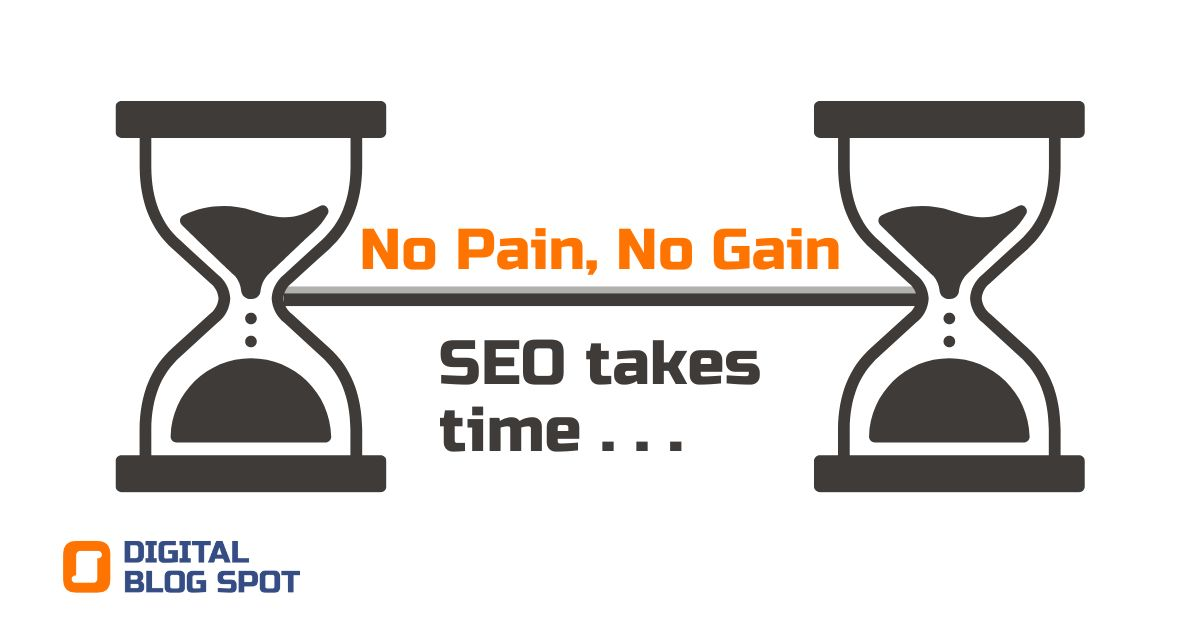
Organic traffic won’t start flowing as soon as you step foot in the plains of SEO.
Search engine optimization is a long-term process and won’t provide you with the results you imagine within the first couple of weeks. If you don’t relish the long-lasting breath, then SEO might not be for you!
The results of your SEO efforts usually take from 4 to 6 months to start performing. But once your organic traffic starts climbing, you will realize it was worth every minute.
Of course, that time estimation will vary greatly based on your case. A lot of factors come into play when the timeline of SEO performance is evaluated. For example how much relevant content you are creating for your readers. Are you using long-tail keywords or short generic terms?
Conclusion
Users coming to your website by clicking on your result on search engines like Google are considered organic traffic. In other words, organic traffic represents those visitors who land on your website as a result of the high-quality content you published without any interference from humans through advertising.
Organic traffic is a critical source of high-quality website visitors, as it acts as the leading traffic channel when your website is not running any ad campaigns. Search engine traffic is considered a consumer-to-business channel which makes it much more meaningful in terms of user engagement and conversion.
Despite a lot of marketers being ignorant of its importance, organic traffic can help you get more significant traffic at the lowest cost possible. In addition to its ability for monetizing your website, organic traffic can work as an indicator of your SEO activities’ success.
Don’t go running after quick results with SEO however as it is a long-term process, that can take months to start pouring in the gold. But don’t leave it unattended as well, or you will be missing out on a lot of loot!
Share your thought with me in the comments and let me know if you have any questions that we can discuss together.



